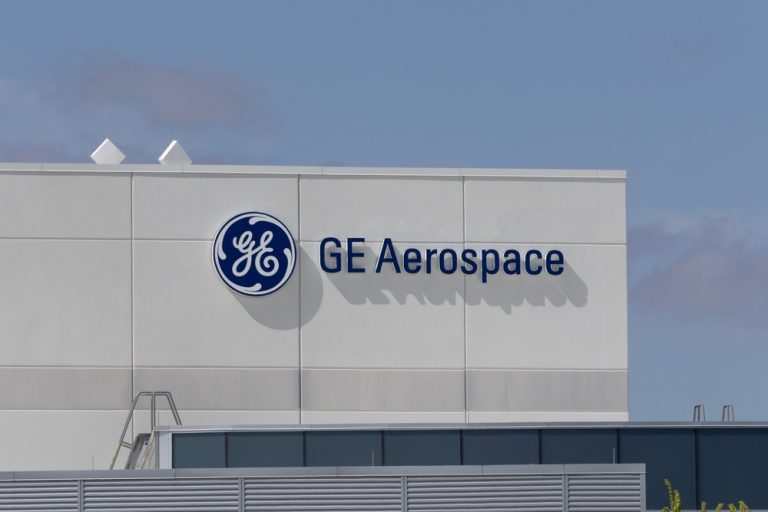In a landmark announcement, tech giants Microsoft and Quantinuum have unveiled a significant stride towards the commercialization of quantum computing, setting a new benchmark for reliability. This advancement comes amid an emotional global race among leading technology firms and nations to harness quantum computing’s potential. These quantum systems, leveraging the principles of quantum mechanics, promise to execute calculations at speeds unattainable by traditional silicon-based computers, potentially solving complex scientific problems that current computers would take millennia to process.
At the core of quantum computing lies the qubit, a unit far more powerful yet more sensitive than its classical counterpart. The challenge of qubit sensitivity, prone to errors from the slightest disturbances, has been a significant barrier to quantum computing evolution. Addressing this, Microsoft and Quantinuum have showcased a pioneering breakthrough by implementing an error-correction algorithm developed by Microsoft. This innovation effectively transformed 30 physical qubits into four dependable qubits, achieving an unprecedented reliability ratio and marking a notable achievement in quantum computing’s march toward practical application.
Jason Zander, Microsoft’s Executive Vice President for Strategic Missions and Technologies, underscored the significance of this achievement, noting, “We ran more than 14,000 individual experiments without a single error. That’s up to 800 times better than anything on record.” Such a milestone represents a leap forward in quantum computing reliability. It sets the stage for Microsoft to integrate this technology into its cloud computing services, promising to unlock new potential for its customers shortly.
Quantum computing experts have long posited that achieving around 100 reliable qubits would surpass the capabilities of the most advanced supercomputers today. While Microsoft and Quantinuum remain cautious about predicting the timeline to reach this milestone, Ilyas Khan, Chief Product Officer at Quantinuum, expressed optimism, suggesting, “The current view is that we have lopped at least two years off that, if not more.”
As the quantum computing arena continues to evolve, this collaboration between Microsoft and Quantinuum not only accelerates progress toward making quantum computing commercially viable but also reinforces the notion that we are on the brink of a new era in computing. With each breakthrough, the future where quantum computing revolutionizes industries from pharmaceuticals to aerospace draws closer, promising solutions to some of humanity’s most intricate challenges.























